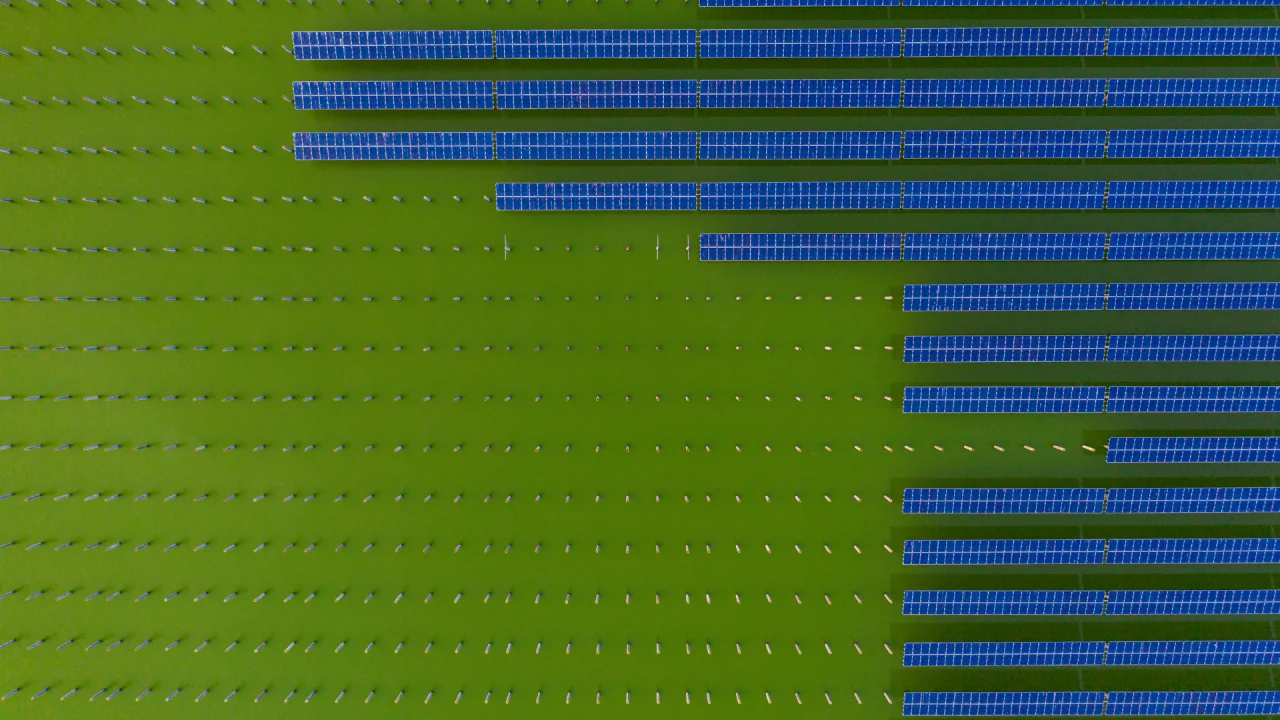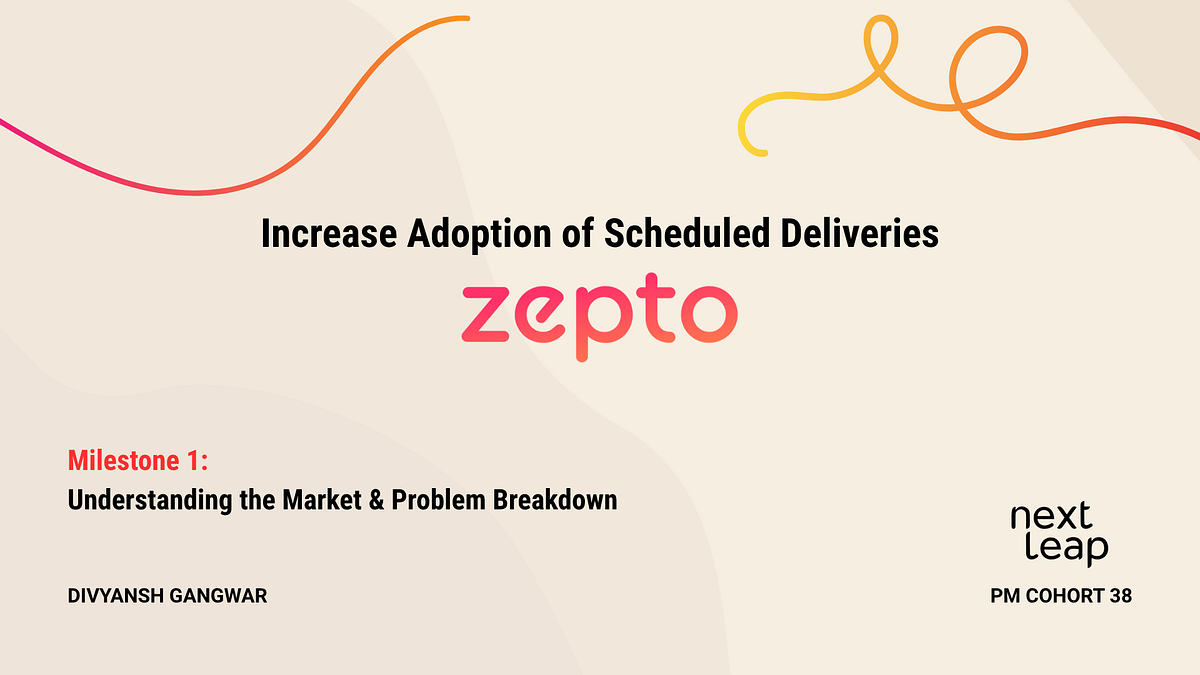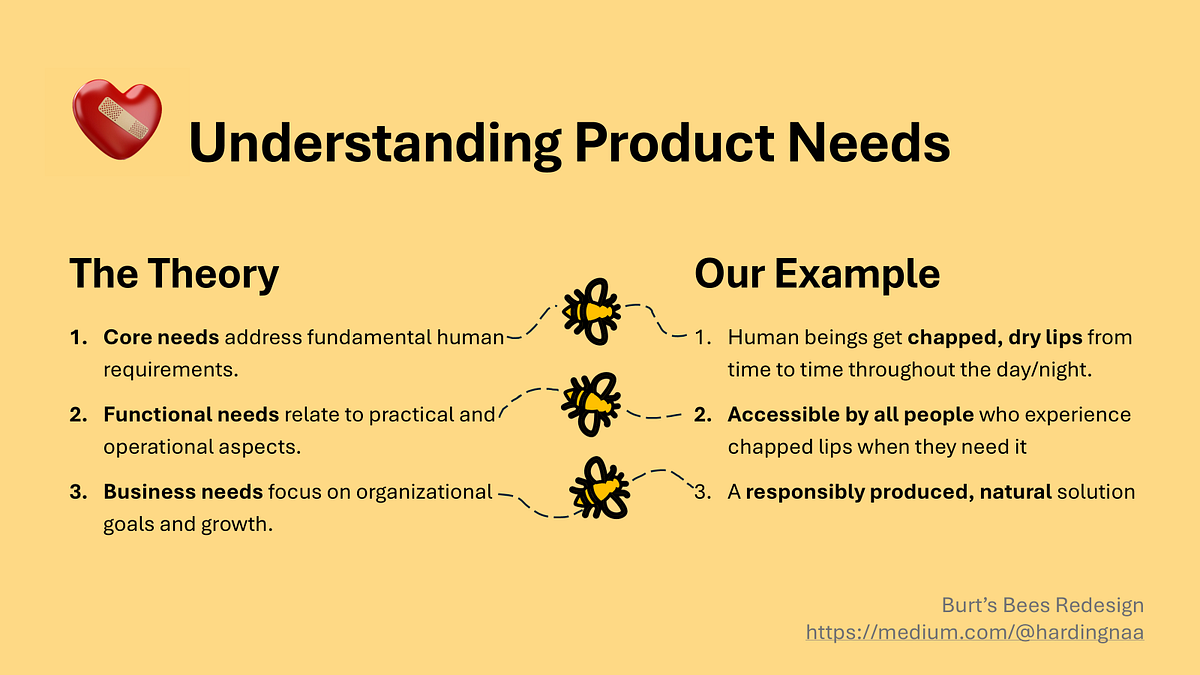Top U.S. Cities Where Millennials Are Buying Homes in 2025
Discover the most popular U.S. cities where millennials are buying homes in 2025 and why these locations are becoming generational homeownership hubs.

In 2025, millennials — those born between 1981 and 1996 — have become the largest segment of homebuyers in the U.S. With many now in their 30s and early 40s, they’re entering peak buying years, balancing careers, remote work, family building, and wealth accumulation.
But millennials aren’t following their parents’ footsteps when it comes to real estate. Instead, they’re choosing cities with affordability, lifestyle appeal, remote work infrastructure, and strong community vibes. In this blog, we break down the top cities where millennials are flocking to buy homes in 2025 — and why these markets stand out.
Section 1: What Millennials Want in a Home and Community
Millennial homebuyers tend to prioritize:
· Affordability over prestige
· Walkable neighborhoods and access to amenities
· Strong job markets or remote work infrastructure
· Sustainability features like solar energy and smart thermostats
· Diverse and inclusive communities
They often use online platforms like Zillow, Redfin, and Rocket Homes and leverage digital mortgage services for quicker, tech-savvy transactions.
Section 2: Top 10 Cities Where Millennials Are Buying in 2025
1. Austin, Texas
· Why it’s hot: Tech jobs, music and culture, no state income tax
· Median Home Price: $420,000
· Bonus: Strong startup scene and remote-friendly coworking hubs
2. Raleigh, North Carolina
· Why it’s hot: Research Triangle jobs, great schools, outdoor lifestyle
· Median Home Price: $385,000
· Bonus: Affordable for dual-income professionals and first-time buyers
3. Salt Lake City, Utah
· Why it’s hot: Mountains, tech growth, family appeal
· Median Home Price: $460,000
· Bonus: Outdoor recreation with solid work-life balance
4. Nashville, Tennessee
· Why it’s hot: Booming economy, music industry, southern charm
· Median Home Price: $410,000
· Bonus: Vibrant downtown with millennial-focused development
5. Pittsburgh, Pennsylvania
· Why it’s hot: Tech expansion, affordability, rich culture
· Median Home Price: $280,000
· Bonus: Historic neighborhoods and startup opportunities
6. Boise, Idaho
· Why it’s hot: Nature access, quiet lifestyle, remote work support
· Median Home Price: $430,000
· Bonus: Popular with ex-Californians seeking space and savings
7. Columbus, Ohio
· Why it’s hot: Affordable entry points, college-town energy, job market
· Median Home Price: $310,000
· Bonus: Midwestern friendliness with growing tech investments
8. Tampa, Florida
· Why it’s hot: No state income tax, beach lifestyle, growing job scene
· Median Home Price: $375,000
· Bonus: High quality of life and active social scene
9. Minneapolis, Minnesota
· Why it’s hot: Progressive culture, education hubs, bike-friendly
· Median Home Price: $365,000
· Bonus: Co-op housing and strong millennial political influence
10. Denver, Colorado
· Why it’s hot: Outdoor appeal, young population, liberal values
· Median Home Price: $525,000
· Bonus: One of the top cities for tech workers who ski
Section 3: Key Trends Driving These Cities
1. Remote Work Infrastructure
Many of these cities have invested heavily in high-speed internet, flexible coworking spaces, and suburban revitalization projects, making them appealing for remote professionals.
2. Urban-Suburban Hybrids
Millennials are looking for a “third place” between dense city living and distant suburbia — urban-suburban blends that offer parks, walkable cafes, and digital conveniences.
3. Affordability Gap Solutions
While major cities like San Francisco and New York remain out of reach, millennials are flocking to Tier 2 and Tier 3 metros with better home-price-to-income ratios.
4. Political and Social Alignment
Cities with progressive values, climate-forward initiatives, and inclusivity rank higher with younger buyers. Public transport and sustainability initiatives are major attractors.
Section 4: Financing and First-Time Buyer Support in 2025
Millennials are leveraging tools like:
· FHA and VA Loans with low down payments
· Digital mortgage apps like Better.com, Rocket Mortgage, and Credible
· State and local programs offering:
o Down payment assistance
o Reduced interest rates
o First-time homebuyer tax credits
Additionally, fintech platforms now help split mortgages among friends or partners, making co-ownership more common in urban millennial markets.
Section 5: Real Estate Advice for Millennial Buyers in 2025
· Get pre-approved early: The best listings move fast.
· Partner with tech-savvy agents: Choose professionals familiar with AI tools, digital offers, and virtual closings.
· Think long-term: Choose a city that fits your 5-10 year lifestyle vision, not just today’s job.
· Budget for hidden costs: HOA fees, insurance, maintenance, and property taxes vary widely across cities.
Conclusion: Millennials Are Redefining Homeownership in America
The millennial generation is not giving up on homeownership — they’re just doing it differently. By choosing dynamic, affordable, and future-ready cities, millennials are reshaping the U.S. housing map in real time.
As we continue through 2025, expect their preferences to continue driving:
· Urban development patterns
· Real estate tech innovation
· Policy shifts around housing equity and affordability
If you're a millennial eyeing the market, the opportunities are real just Visit Now: jokword.xyz — just not always where you expected.





































































































![Building A Digital PR Strategy: 10 Essential Steps for Beginners [With Examples]](https://buzzsumo.com/wp-content/uploads/2023/09/Building-A-Digital-PR-Strategy-10-Essential-Steps-for-Beginners-With-Examples-bblog-masthead.jpg)





























![Senior Support Engineer - US West [IC3] at Sourcegraph](
https://nodesk.co/remote-companies/assets/logos/sourcegraph.f91af2c37bfa65f4a3a16b8d500367636e2a0fa3f05dcdeb13bf95cf6de09046.png
)



















